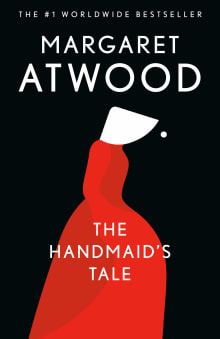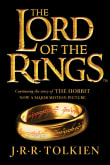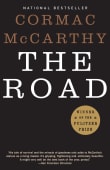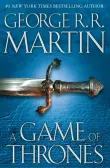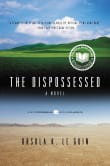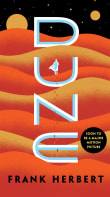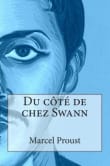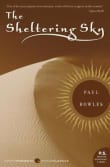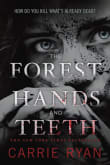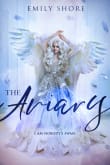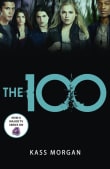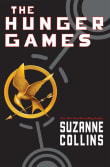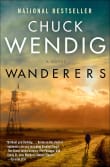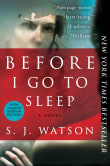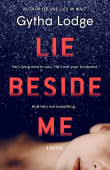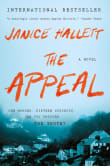Who Is a Worthy Mother?: An Intimate History of Adoption
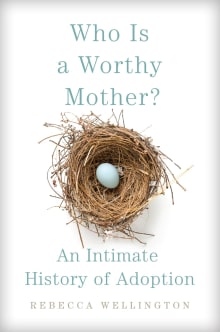

New book alert!
Why am I passionate about this?
I am adopted. For most of my life, I didn’t identify as adopted. I shoved that away because of the shame I felt about being adopted and not truly fitting into my family. But then two things happened: I had my own biological children, the only two people I know to date to whom I am biologically related, and then shortly after my second daughter was born, my older sister, also an adoptee, died of a drug overdose. These sequential births and death put my life on a new trajectory, and I started writing, out of grief, the history of adoption and motherhood in America.
Rebecca's book list on straight up, real memoirs on motherhood and adoption
What is my book about?
I grew up thinking that being adopted didn’t matter. I was wrong. This book is my journey uncovering the significance and true history of adoption practices in America. Now, in the wake of the U.S. Supreme Court’s overturning of Roe v. Wade, the renewed debate over women’s reproductive rights places an even greater emphasis on adoption. As a mother, historian, and adoptee, I am uniquely qualified to uncover the policies and practices of adoption.
The history of adoption, reframed through the voices of adoptees like me, and mothers who have been forced to relinquish their babies, blows apart old narratives about adoption, exposing the fallacy that adoption is always good.
In this story, I reckon with the pain and unanswered questions of my own experience and explore broader issues surrounding adoption in the United States, including changing legal policies, sterilization, and compulsory relinquishment programs, forced assimilation of babies of color and Indigenous babies adopted into white families, and other liabilities affecting women, mothers, and children. Now is the moment we must all hear these stories.
Nearly every person in the United States is affected by adoption. Adoption practices are woven into the fabric of American society and reflect how our nation values human beings, particularly mothers. In the wake of the U.S. Supreme Court's overturning of Roe v. Wade, the renewed debate over women's reproductive rights places an even greater emphasis on adoption. As a mother, historian, and adoptee, Rebecca C. Wellington is uniquely qualified to uncover the policies and practices of adoption. Wellington's timely-and deeply researched-account amplifies previously marginalized voices and exposes the social and racial biases embedded in the United States' adoption industry.…
- Coming soon!
